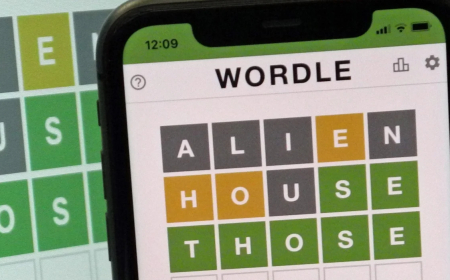Cleanest City in India 2025: Indore's Continued Legacy of Cleanliness

India’s journey toward cleanliness and sustainable urban living has seen many milestones, but none more consistent than the achievements of Indore, the largest city in Madhya Pradesh. For the eighth consecutive year, Indore has clinched the title of India’s Cleanest City in 2025, according to the Swachh Survekshan rankings issued by the Ministry of Housing and Urban Affairs. This is not just a title—it is a testimony to a city that has transformed itself through visionary leadership, community engagement, and technological innovation.
How Indore Became the Cleanest City in India
The success story of Indore didn’t happen overnight. It is the result of years of disciplined planning, citizen involvement, and the implementation of modern waste management techniques. Here are some major initiatives that helped Indore maintain its top position in 2025:
1. Door-to-Door Garbage Collection
One of Indore’s early and most effective strategies was its 100% door-to-door waste collection system. Every household segregates its waste into dry and wet categories, which are then collected by designated municipal workers every morning without fail.
2. Zero Waste to Landfill
In 2025, Indore became one of the first cities in India to achieve zero waste to landfill, ensuring all collected waste is recycled, composted, or converted into energy. This closed-loop system significantly reduces the environmental footprint.
3. Public Participation and Awareness
The involvement of citizens has been central to Indore’s cleanliness movement. Campaigns in schools, RWAs (Resident Welfare Associations), and even local businesses have contributed immensely to a culture of cleanliness.
4. Technology-Driven Sanitation
Indore has embraced smart city technology to track waste vehicles, monitor garbage bins, and send real-time alerts. GPS-enabled vans, smart dashboards at control centers, and mobile apps for public complaints have streamlined the entire system.
Major Cleanliness Metrics of Indore (2025)
Below is a table summarizing key metrics that contributed to Indore’s 2025 cleanliness score:
| Metric | Performance in 2025 |
|---|---|
| Door-to-door waste collection | 100% |
| Segregation at source | 98% |
| Waste processed scientifically | 100% |
| Public toilet maintenance | Excellent (Rating: 9.5/10) |
| Citizen feedback score | 96% positive |
| Smart waste monitoring | Fully integrated city-wide |
Projects That Transformed Indore
A. Bio-CNG Plant (Gobar-Dhan Project)
Indore’s Asia’s largest Bio-CNG plant, which converts wet waste into clean energy, has become a national model. In 2025, it processed more than 550 tonnes of waste daily, supplying CNG to city buses and reducing dependence on fossil fuels.
B. Plastic-Free Initiatives
Indore has enforced a strict ban on single-use plastic, replacing it with compostable alternatives. Regular inspections and penalties ensure compliance across markets, eateries, and vendors.
C. Heritage Clean Zones
The city has also focused on beautifying public and heritage areas, maintaining clean surroundings around Rajwada Palace, Lal Bagh, and the Sarafa food street through regular cleanups and footpath management.
Why Indore Continues to Lead
Here’s a list of factors that make Indore a consistent champion:
-
✅ Strong leadership and political will
-
✅ Proactive Municipal Corporation (IMC)
-
✅ Active participation from citizens
-
✅ Robust solid waste management infrastructure
-
✅ Use of modern technologies and data analytics
-
✅ Emphasis on behavioral change and community ownership
A Model for Other Indian Cities
Indore’s success is not just its own—it serves as a blueprint for other cities across India. From tier-1 cities like Bengaluru and Hyderabad to smaller urban settlements, Indore's model has been replicated in parts or whole to elevate sanitation standards.
The Swachh Survekshan 2025 awards highlighted that cities that adopted Indore’s citizen-centric and decentralized waste management model showed significant improvements in cleanliness and waste processing.
Challenges Ahead and The Way Forward
Even with the accolades, Indore acknowledges that maintaining this level of cleanliness is an ongoing effort. Urban expansion, increasing population, and the challenge of e-waste and hazardous waste disposal are new frontiers that the city must now tackle.
Future goals include:
-
Scaling up decentralized composting units
-
Expanding green corridors and eco-zones
-
Increasing awareness around circular economy practices
-
Training waste workers with advanced tools and safety gear
Conclusion
Indore’s eighth-time win as the Cleanest City in India in 2025 is a powerful story of civic pride, public commitment, and visionary governance. The city has proven that with community participation, smart policy, and sustainable execution, even the most ambitious goals can be met.
As India marches toward the Swachh Bharat Abhiyan 2.0 and a greener future, Indore stands tall—not just as a clean city, but as a symbol of what’s possible when a city chooses to transform.






























